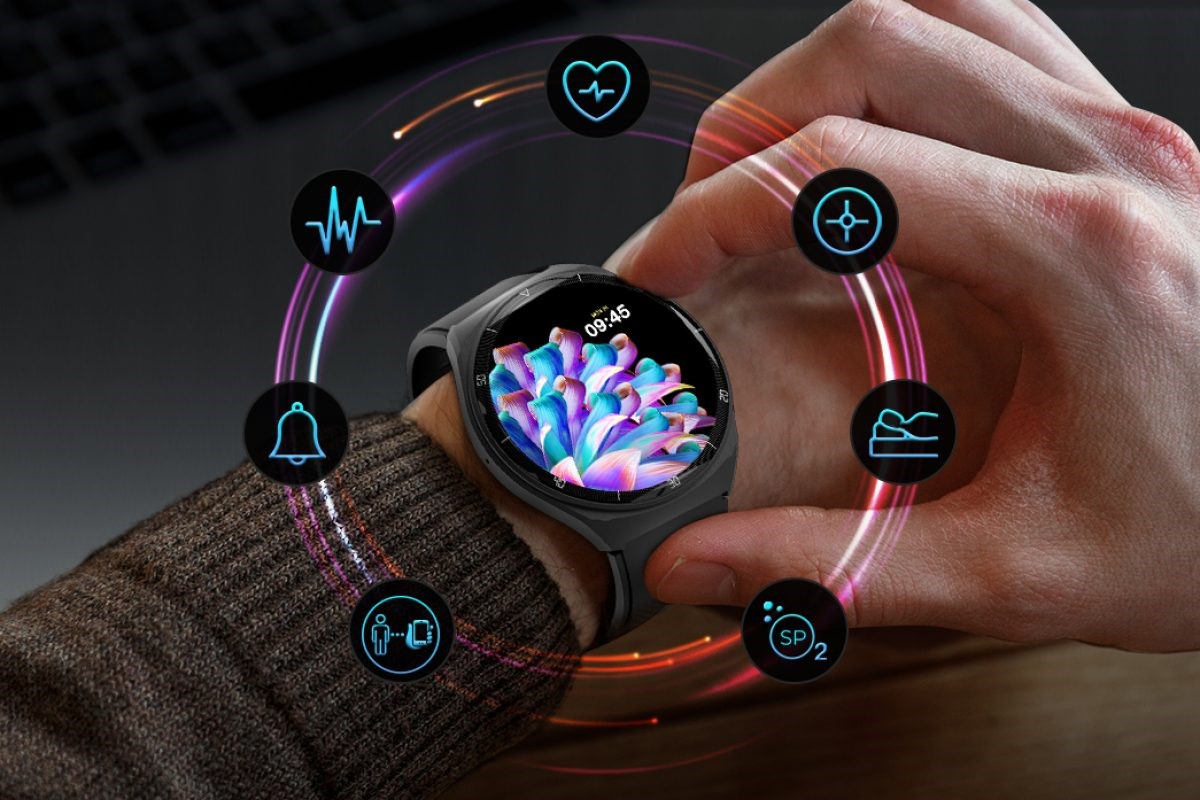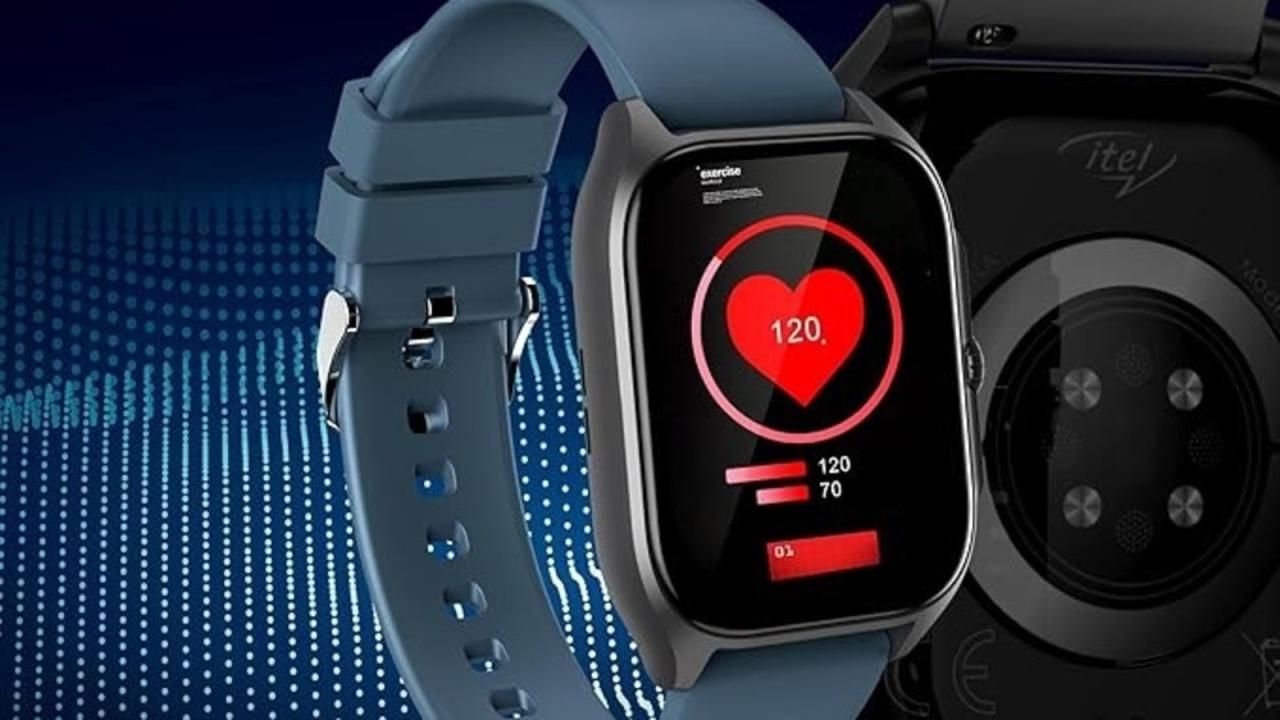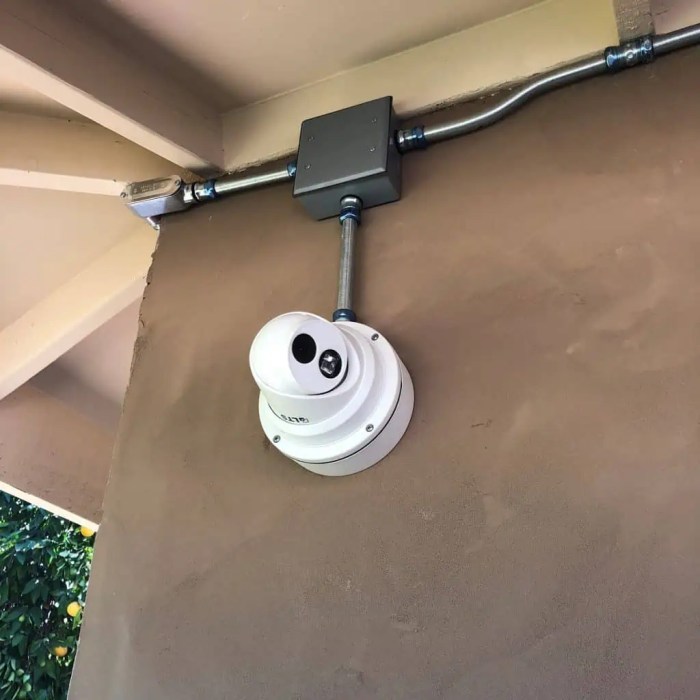Smartwatch features for tracking your health: A Comprehensive Guide
Smartwatch features for tracking your health sets the stage for this enthralling narrative, offering readers a glimpse into a story that is rich in detail and brimming with originality from the outset. Smartwatches have revolutionized the way we monitor our health, providing a plethora of sensors and metrics to keep us informed and motivated.
Let's delve into the world of smartwatch health tracking features to uncover how they can enhance our well-being and fitness levels.
As we explore the sensors, metrics, activity monitoring features, and health insights provided by smartwatches, we will gain valuable insights into how these devices can empower us to make informed lifestyle choices and achieve our health goals.
Smartwatch Sensors
Smartwatches are equipped with various sensors that play a crucial role in tracking your health and fitness data. These sensors provide valuable information that enables the smartwatch to monitor your activities and vital signs accurately.
Heart Rate Monitor
The heart rate monitor sensor in a smartwatch measures your heart rate in real-time, providing insights into your cardiovascular health. By tracking your heart rate continuously, the smartwatch can detect abnormalities and help you optimize your workouts for better results.
Accelerometer
Accelerometers in smartwatches detect motion and acceleration, allowing the device to track your physical activities such as steps taken, distance traveled, and calories burned. This sensor is essential for monitoring your daily movement and providing feedback on your activity levels.
GPS
GPS sensors in smartwatches enable accurate tracking of your outdoor activities like running, cycling, or hiking. By using GPS data, the smartwatch can map your routes, measure your pace, and calculate the distance covered during your workouts. This sensor is especially useful for outdoor enthusiasts and athletes.
Comparing Accuracy and Reliability
Heart Rate Monitor
Generally, optical heart rate sensors in smartwatches are considered reliable for tracking resting heart rate and moderate-intensity activities. However, they may struggle with high-intensity workouts due to motion artifacts.
Accelerometer
Accelerometers are highly accurate in counting steps and measuring basic activity levels. They are reliable for tracking daily movement patterns and providing feedback on sedentary behavior.
GPS
GPS sensors offer precise tracking of outdoor activities and accurate distance calculations. They are essential for mapping routes and monitoring performance metrics during exercises like running or cycling.Overall, the combination of these sensors in smartwatches provides comprehensive health and fitness tracking capabilities, offering users valuable insights into their daily activities and exercise routines.
Health Metrics Tracking

Smartwatches offer a range of features for tracking various health metrics, providing users with valuable insights into their overall well-being.
Essential Health Metrics
- Heart Rate: Smartwatches can monitor your heart rate throughout the day, helping you understand your cardiovascular health.
- Steps: Tracking the number of steps you take can encourage physical activity and monitor your daily movement.
- Calories Burned: By calculating the calories you burn, smartwatches can assist in managing your weight and fitness goals.
- Sleep Quality: Monitoring your sleep patterns can offer insights into the quality of your rest, aiding in improving sleep habits.
Benefits of Tracking
Tracking these metrics allows users to have a better understanding of their health and fitness levels. By analyzing real-time data provided by smartwatches, individuals can make informed decisions regarding their lifestyle choices.
Activity Monitoring Features

Smartwatches offer a range of activity monitoring features that cater to various exercises and workouts, helping users stay active and achieve their fitness goals.
Different Activities Tracking
Smartwatches utilize sensors like accelerometers, gyroscopes, and heart rate monitors to track different activities such as running, cycling, swimming, and even yoga. These sensors provide data on movement, heart rate, and intensity, allowing users to monitor their performance and progress.
Importance of Activity Recognition Algorithms
Activity recognition algorithms play a crucial role in accurately monitoring various exercises. By analyzing the data collected from sensors, these algorithms can identify specific activities and provide insights into the duration, intensity, and calories burned during each workout. This helps users get a comprehensive overview of their fitness routine and make informed decisions to improve their health.
Motivation to Stay Active
The activity monitoring features in smartwatches serve as a source of motivation for users to stay active and committed to their fitness goals. By tracking their progress, setting achievable targets, and receiving real-time feedback on their performance, users are encouraged to push themselves further and maintain a healthy lifestyle.
Health Insights and Trends

Smartwatches are equipped with advanced technology to analyze health data and provide valuable insights on trends over time. By continuously monitoring metrics such as heart rate, sleep patterns, and activity levels, these devices can offer users a comprehensive overview of their overall health and well-being.Resting heart rate variability and sleep patterns are two key trends that smartwatches can track to assess an individual's health.
Resting heart rate variability refers to the variations in time intervals between heartbeats, which can indicate the body's ability to adapt to stress and recover efficiently. On the other hand, monitoring sleep patterns can reveal the quality and duration of sleep, essential for physical and mental health.Users can leverage these insights to make informed decisions and adjustments to their lifestyle and habits.
For example, if a smartwatch detects consistently high resting heart rate variability, it may suggest that the individual is experiencing prolonged stress or inadequate recovery periods. In response, the user can prioritize relaxation techniques, mindfulness practices, or adjust their exercise routine to promote better heart health.
Utilizing Health Insights for Lifestyle Changes
- Smartwatches can provide personalized recommendations based on trends in health data, guiding users towards healthier habits.
- By tracking sleep patterns, users can identify factors affecting their rest and make changes to improve overall sleep quality.
- Monitoring resting heart rate variability helps individuals understand their stress levels and implement strategies to manage stress effectively.
Closing Notes
In conclusion, smartwatches offer a wealth of possibilities when it comes to tracking our health. From monitoring our heart rate during workouts to analyzing our sleep patterns, these devices are invaluable tools for improving our overall well-being. By leveraging the data and insights generated by smartwatches, users can make proactive changes to their habits and lifestyle, ultimately leading to a healthier and happier life.
General Inquiries
What sensors are commonly found in smartwatches for health tracking?
Smartwatches commonly feature sensors like heart rate monitors, accelerometers, and GPS to track various health metrics.
How can tracking health metrics like heart rate and steps benefit users?
Tracking health metrics allows users to monitor their overall health and fitness levels, providing valuable insights for making informed lifestyle choices.
What activities can smartwatches track, and how do they motivate users?
Smartwatches can track activities like running, cycling, swimming, and yoga, using activity recognition algorithms to monitor exercises accurately and motivate users to reach their fitness goals.
How do smartwatches analyze health data to provide insights on trends over time?
Smartwatches analyze data like resting heart rate variability and sleep patterns to offer insights on trends, helping users assess their overall health and make meaningful adjustments to their lifestyle.




